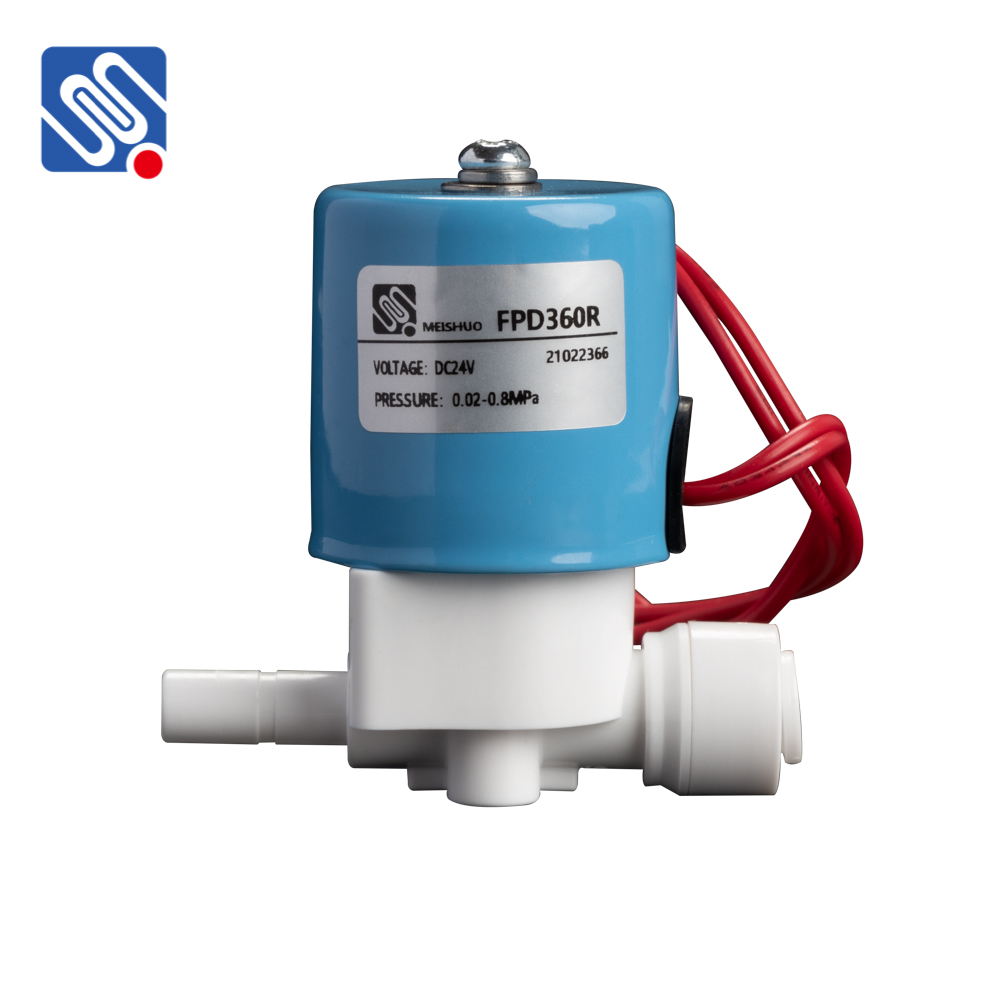understanding the importance of rohs compliant solenoid valves in modern industry
Release time:2025-11-09 06:00:41
In today's rapidly evolving industrial landscape, companies are under increasing pressure to meet environmental regulations and ensure the sustainability of their operations. One such regulation is the Restriction of Hazardous Substances (RoHS) directive, which restricts the use of certain hazardous materials in electrical and electronic products. The implementation of RoHS Compliant Solenoid Valves is a significant step towards achieving compliance with these standards while maintaining high-performance functionality in critical applications.

What Are RoHS Compliant Solenoid Valves? A solenoid valve is an electromechanically operated valve, which controls the flow of fluids or gases in various applications. It works by using an electric current to produce a magnetic field that activates a solenoid, which in turn opens or closes the valve. This mechanism is used extensively in industrial processes, automation systems, HVAC systems, and other fields requiring precise fluid control. RoHS Compliant Solenoid Valves are those that meet the criteria set out by the RoHS directive, ensuring that the components used in their manufacturing do not exceed the maximum allowable concentrations of harmful substances, such as lead (Pb), mercury (Hg), cadmium (Cd), hexavalent chromium (Cr6+), polybrominated biphenyls (PBB), and polybrominated diphenyl ethers (PBDE).

